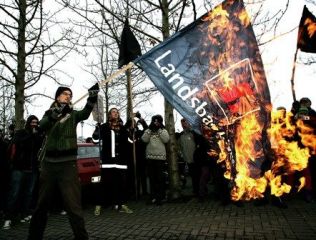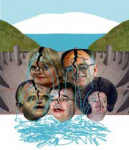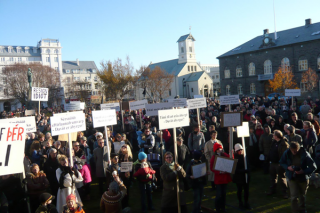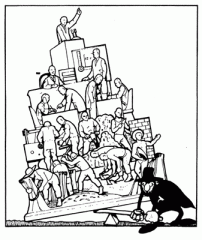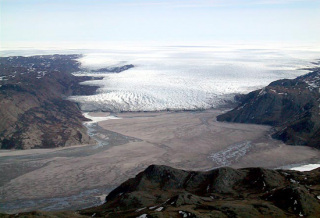Dec 23 2008
2 Comments
Iceland ‘Like Chernobyl’ as Meltdown Shows Anger Can Boil Over
By Ben Holland, Bloomberg
It was the week before Christmas in Reykjavik, and all through the town Eva Hauksdottir led a band of 60 whistle-blowing, pan-banging, shouting demonstrators. “Pay your own debts,” they yelled as they visited one bank office after another in Iceland’s capital. “Don’t make the children pay.”
When she isn’t leading one of the almost daily acts of protest in this land devastated by the global financial meltdown, Hauksdottir sells good luck charms made from the claws of ptarmigans, a local bird, and voodoo dolls in the form of bankers. She says she expects to lose her home, worth less than when she bought it two years ago, after the amount she owes jumped more than 20 percent. Read More
